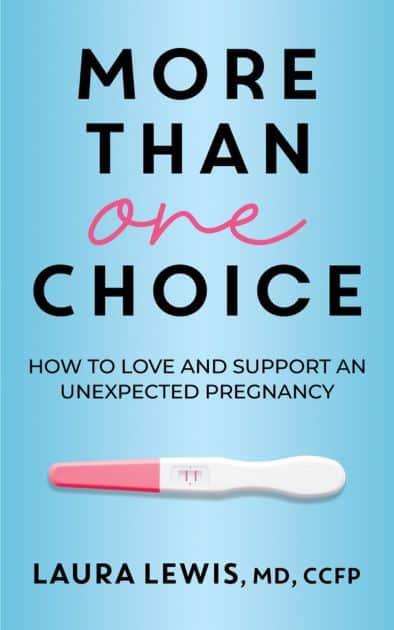January 2018 (revised)
Sadly, we all saw it coming. First, the “not allowed here” sign posted on the door of a political party. Soon, other similar intolerances surfaced in our nation – disqualified legal degrees, protested chair nominations, … I could go on.
With the recent government decision to alter qualifications for student summer job grants, we now face another critical junction in the journey of intolerance. The rationale for such changes is packaged under the guise of the Charter of Rights and Freedoms – but with new exclusionary criteria, seemingly tacked on to our Canadian Charter at the whim of the residing policy makers.
On December 19, 2017, the federal government released new guidelines for the Canada Summer Jobs (CSJ) grant, an initiative to provide wage subsidies to employers in order to create summer employment opportunities for secondary and post-secondary students. The CSJ seeks to expand and equip our younger generation by providing job opportunities which may otherwise be unavailable. Many small businesses, charities, and non-profits have enjoyed and appreciated this funding, as have many students. However, the recent changes require applicants to attest “that both the job and the organization’s core mandate respect individual human rights in Canada, including the values underlying the Canadian Charter of Rights and Freedoms as well as other rights.” (emphasis added)
These other rights include the “Government of Canada’s commitment to human rights, which include women’s rights and women’s reproductive rights, and the rights of gender-diverse and transgender Canadians. The government recognizes that women’s rights are human rights. This includes sexual and reproductive rights — and the right to access safe and legal abortions. These rights are at the core of the Government of Canada’s foreign and domestic policies.” (emphasis added)
The practical interpretation of the other rights means the exclusion of any non-profit, business, or charity whose worldview includes the belief in the sanctity of life and the Biblical view of marriage. The discrimination is based solely on the worldview held, not on the care and service provided by these organizations. This, in my opinion, is tolerance gone bad. I’m reminded of the song from the 70’s, “Signs, signs, everywhere a sign.”
“And the sign said, “Long-haired freaky people need not apply”
So I tucked my hair up under my hat and I went in to ask him why
He said, “You look like a fine upstanding young man, I think you’ll do”
So I took off my hat, I said “Imagine that. Huh! Me workin’ for you!””
(Songwriter: Les Emmerson)
Pregnancy care ministries are familiar with this type of discrimination. We’ve had our heels nipped by the lobby efforts of pro-abortion activists who continue to disparage and discredit us. This behaviour isn’t new.
Sadly, these misguided policy efforts will exclude many non-profits who fill a much needed niche of compassion and care for vulnerable people in our nation. This type of policy also violates the Canadian Charter of Rights and Freedoms, which specifically states that “Everyone has the following fundamental freedoms: freedom of conscience and religion; freedom of thought, belief, opinion and expression, including freedom of the press and other media of communication; freedom of peaceful assembly; and freedom of association.” Simply put, this policy override weakens the weak and threatens a nation seeking to make room for diverse viewpoints.
A quote from Rick Warren succinctly highlights a major error embodied in the CSJ policy change,
“Our culture has accepted two huge lies. The first is that if you disagree with someone’s lifestyle, you must fear or hate them. The second is that to love someone means you agree with everything they believe or do. Both are nonsense. You don’t have to compromise convictions to be compassionate.”
As a nation, Canada has highlighted a value for diversity, and in that context, we believe there is room for various opinions and value constructs to coexist.
For all who believe that a woman should be empowered to make a well-informed choice regarding her pregnancy, and a choice that is free of coercion and fear, pregnancy care centres not only offer such support in a non-judgmental manner, but also offer support beyond. Pregnancy care centres are very much “pro-woman”: they are there for the woman – before, during, and after pregnancy … even if that pregnancy ends in abortion. Pre-pregnancy: education is provided on healthy relationships. During pregnancy: information is offered and support is given in the form of prenatal education and free maternity clothes and baby supplies. Post-pregnancy: centres provide a safe and supportive community, either in the form of parenting classes or post-abortion groups and support.
The concern raised by this policy change to the CSJ grant is much greater than summer job funding. This policy change reveals a growing intolerance to diverse viewpoints. We as Canadians must protect a national platform which not only allows bridge-building between people groups with differing perspectives, but one which actually encourages it.
The sign needs to read, “Diversity is welcome here.”
Laura Lewis MD, CCFP
The opinions expressed in this article are those of the author. They do not purport to reflect the opinions of any other organization.


